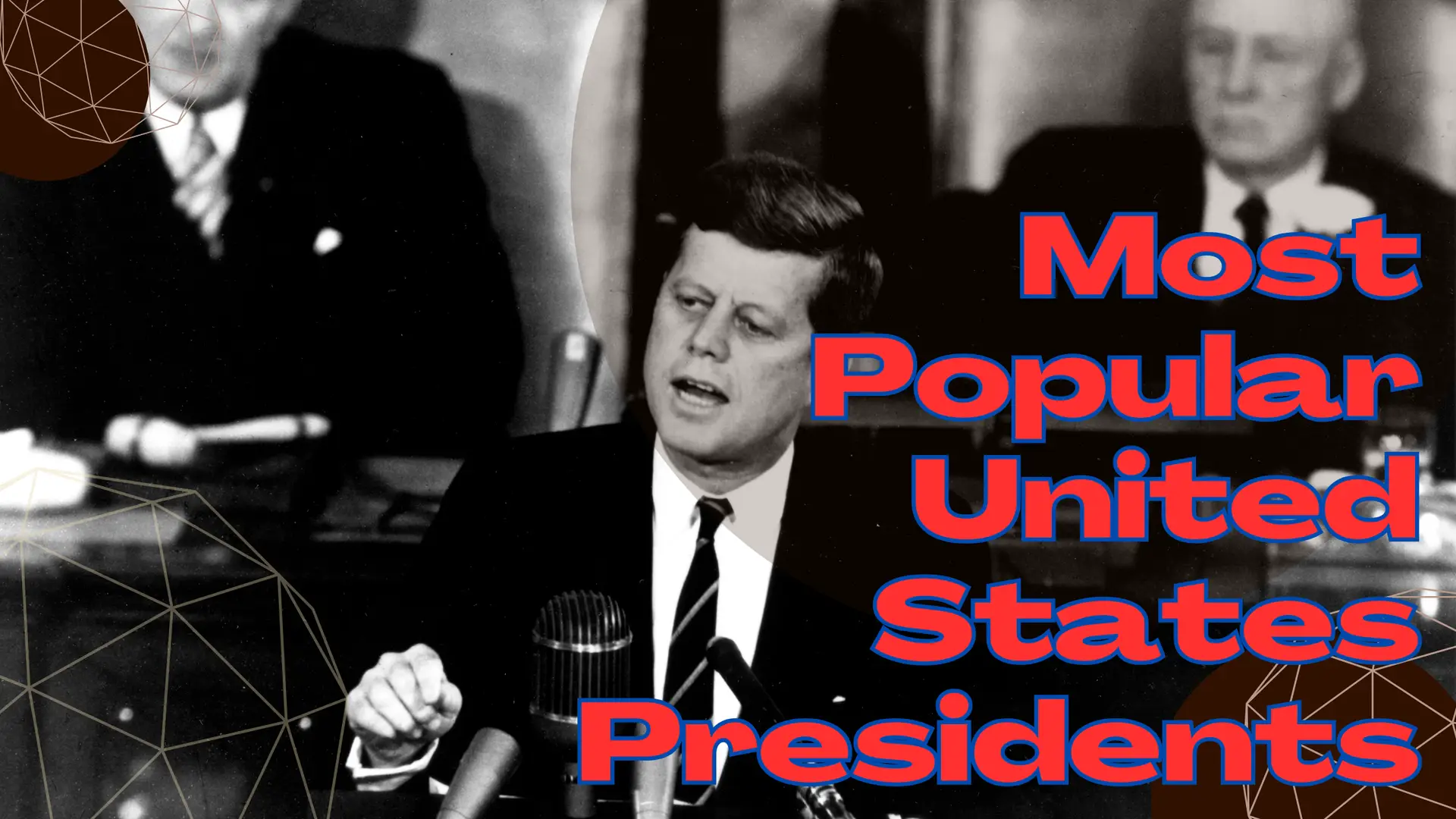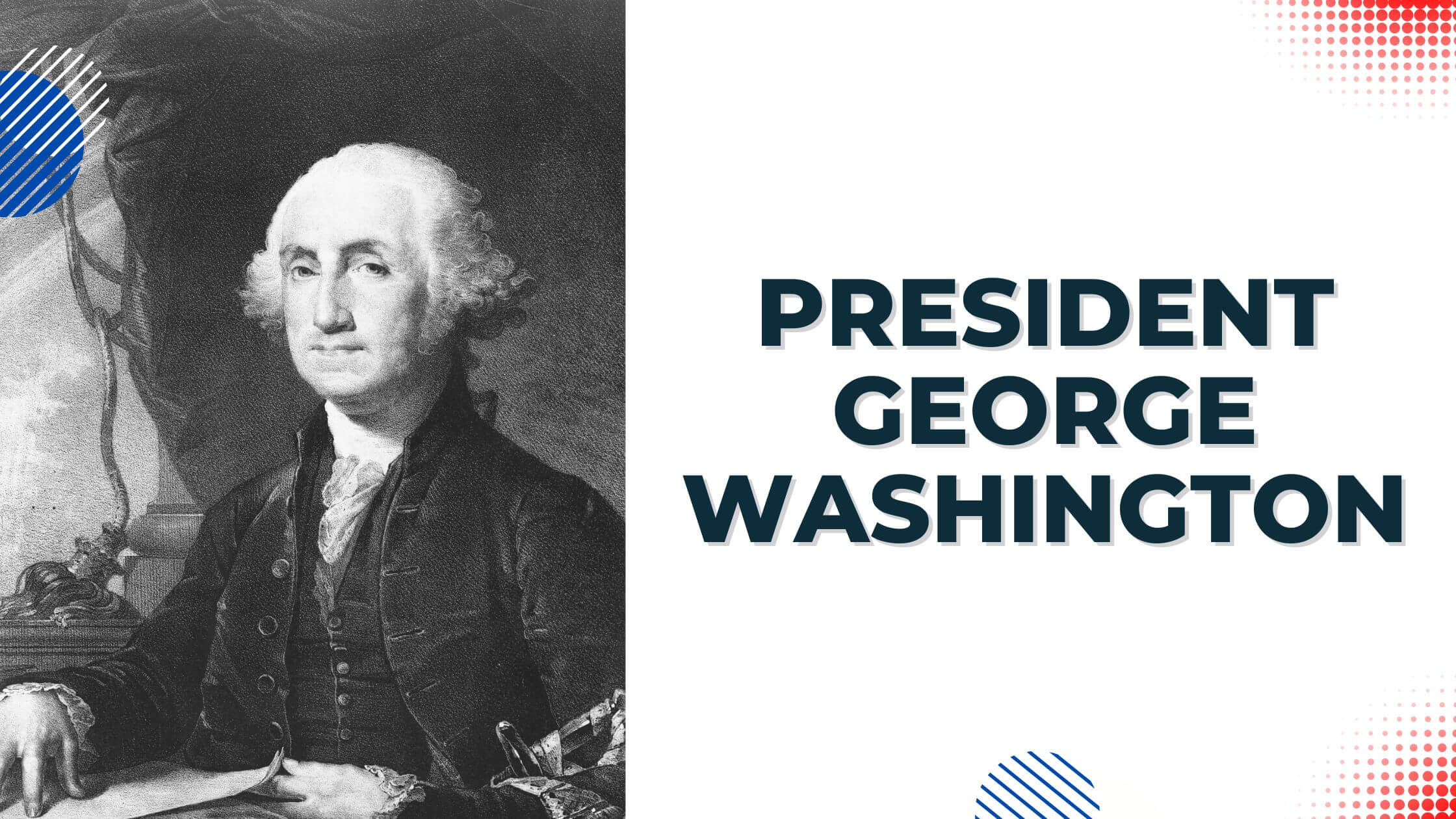Table of Contents
ToggleIntroduction
The popularity of U.S. presidents is shaped by various factors, including public opinion, electoral success, historical rankings, and social media presence. While some presidents, like Abraham Lincoln and George Washington, have remained universally admired for centuries, others, such as Ronald Reagan and Barack Obama, have gained strong followings in modern times. This analysis explores different criteria to determine which presidents are considered the most popular, examining their impact across different demographics, historical evaluations, and contemporary digital discussions.
Public Opinion Polls (Historical & Recent)
Public opinion polls gauge which presidents people admire most or regard as “great.” Different polling questions yield different results – some ask for the single greatest president, while others measure favorability or retrospective approval. Despite variations, a few presidents consistently perform well:
- “Greatest President” Surveys: In open-ended polls, Americans often name a mix of historic and recent presidents. Ronald Reagan has frequently been ranked as the greatest U.S. president in modern polling, followed by Abraham Lincoln, Bill Clinton, and John F. Kennedy. George Washington and Franklin D. Roosevelt also consistently appear in the top rankings.
- Favorability & Retrospective Approval: When asked about each president individually, John F. Kennedy often emerges as the most universally beloved. Surveys consistently show JFK with very high favorability, with some polls recording over 90% approval in retrospective evaluations. Ronald Reagan, Dwight D. Eisenhower, and Barack Obama also enjoy strong retrospective approval ratings, whereas more controversial figures like Richard Nixon and Donald Trump rank lower.
- “Best of My Lifetime” Polls: People tend to favor presidents they personally remember. Recent surveys have shown that more Americans have chosen Barack Obama as the best in their lifetime, surpassing Reagan and Clinton. However, Reagan remains the most admired president among older generations.
Key takeaway:
Figures like Lincoln, Washington, and Kennedy enjoy enduring admiration in public opinion, often joined by modern presidents like Reagan, Obama, and Clinton. Kennedy leads in overall positive ratings, Reagan dominates “greatest president” open-ended questions, and Obama has gained significant favorability over time.
Electoral Success (Popular Vote & Electoral College Landslides)
Another way to measure a president’s popularity is by their electoral mandate – how decisively they won office. Large vote margins suggest strong popularity at the time of election. Several presidents won by landslide proportions:

Get Smarter on US News, History, and the Constitution
Join the thousands of fellow patriots who rely on our 5-minute newsletter to stay informed on the key events and trends that shaped our nation's past and continue to shape its present.
| President (Election Year) | Popular Vote % | Electoral Vote (% of total) | Context |
|---|---|---|---|
| Lyndon B. Johnson (1964) | 61.1% | 90.3% | Won after succeeding JFK; defeated Barry Goldwater |
| Franklin D. Roosevelt (1936) | 60.8% | 98.5% | Won re-election during the Great Depression |
| Richard Nixon (1972) | 60.7% | 96.7% | Won 49 of 50 states against McGovern |
| Ronald Reagan (1984) | 58.8% | 97.6% | Nearly swept the nation in his re-election |
| George Washington (1792) | N/A (unopposed) | 100% | Won all electoral votes in an uncontested election |
| James Monroe (1820) | N/A (effectively unopposed) | 99.6% | Nearly unanimous re-election |
Key takeaway:
Electoral landslides underscore a president’s broad appeal at the time of election. Johnson (1964) holds the modern record for popular vote share, while FDR (1936) and Reagan (1984) achieved the largest Electoral College wins. Washington and Monroe were effectively everyone’s choice in their elections.
Legacy and Historical Rankings
Beyond immediate popularity, a president’s legacy is judged by historians and the public over the long term. Academic surveys rank presidents on leadership and accomplishments, whereas public surveys on legacy gauge whom people remember most fondly.
- Historian Surveys: Historians consistently place Abraham Lincoln at #1, usually followed by George Washington and Franklin D. Roosevelt. These rankings remain stable over time, reflecting their enduring impact. Theodore Roosevelt, Dwight D. Eisenhower, and Harry Truman also frequently appear in the top ten.
- Public Historical Rankings: When average Americans rank presidents, their responses align somewhat with historians but favor more recent figures. John F. Kennedy and Ronald Reagan are often rated highly by the public, even more than by historians. Other consistently admired presidents include Theodore Roosevelt and Thomas Jefferson.
Key takeaway:
Lincoln, Washington, and FDR dominate historical rankings due to their leadership in major crises. Kennedy and Reagan are among the most admired by the general public, reflecting their charisma and positive legacies.
Popularity Across Demographics
Popularity is not uniform across all groups – it varies by generation, political affiliation, and other demographics.
- By Generation (Age): Younger Americans tend to favor Barack Obama, while older Americans most often choose Ronald Reagan. John F. Kennedy remains admired across all generations, largely due to his lasting positive image.
- By Political Party: Democrats overwhelmingly favor Democratic presidents (Obama, Clinton, FDR), while Republicans overwhelmingly favor Republican presidents (Reagan, Trump, Eisenhower). John F. Kennedy is a rare figure with high approval across both parties.
- By Region: Regional loyalty has historically influenced popularity. Southern presidents like Andrew Jackson and Lyndon Johnson were extremely popular in their home regions, while figures like Reagan were nationally admired.
Key takeaway:
Who you ask matters. Older Americans idolize Reagan, younger Americans admire Obama, and partisan divides strongly shape perceptions. However, Lincoln, Washington, and Kennedy remain universally respected American icons.
Social Media and Modern-Day Popularity
In today’s world, one measure of a public figure’s popularity is their presence on social media and online discourse.
- Social Media Followings:
- Barack Obama holds one of the largest social media followings of any former U.S. president, with over 133 million followers.
- Donald Trump also amassed a huge online following, reaching nearly 88 million Twitter followers before his suspension.
- Other presidents, like Bill Clinton and George W. Bush, have maintained an online presence, though at much smaller scales.
- Online Discussions and Trends:
- Historic presidents such as Lincoln, Roosevelt, and Kennedy frequently trend on social media due to their quotes and legacies.
- “Thanks Obama” became both a sarcastic meme and an earnest appreciation of his presidency.
- Reagan, Roosevelt, and Kennedy are often admired in online nostalgia discussions.
- Global Popularity:
- Obama is widely admired internationally, and Kennedy’s speeches and image continue to resonate globally.
- Lincoln and Washington are consistently referenced as global symbols of leadership.
Key takeaway:
Obama and Trump are among the most “popular” presidents on social media, each commanding tens of millions of followers. Meanwhile, Lincoln, Washington, and Kennedy remain top figures in digital discussions and admiration.
Final Summary: Most Popular U.S. Presidents Across Criteria
| President | Public Opinion Polls | Electoral Success | Historical Rankings | Demographics & Social Media |
|---|---|---|---|---|
| Abraham Lincoln | Consistently ranked #1 | N/A (won during Civil War) | #1 in historian surveys | Universally respected |
| George Washington | Highly respected | Won unanimously | #2 in historian surveys | Universally respected |
| Franklin D. Roosevelt | Highly admired | Won four terms | #3 in historian surveys | Popular among older Americans |
| John F. Kennedy | Very high favorability | Narrow election win | Top 10 among historians | Admired across generations |
| Ronald Reagan | Frequent “greatest president” winner | Landslide re-election (1984) | Top 10 among historians | Most admired by older Americans |
| Barack Obama | Rising favorability | Strong election wins | Increasingly ranked higher | Most admired by younger Americans |
| Donald Trump | Polarizing but widely discussed | Won 2016 with Electoral College lead | Ranked low by historians | Huge social media presence |
This analysis presents a broad, multi-faceted look at U.S. presidential popularity over time.









